How to Manufacture a Product in China: 3 Important Keys to Success



Table of Contents
The global pandemic, US-China trade war, and increased labor costs have all put a dampener on China’s manufacturing dominance. In addition, a shift in China’s manufacturing niche to more high-end consumer goods, has paved the way for developing countries to get a piece of the pie.
Countries such as India, Thailand, Vietnam, and Malaysia have been emerging as feasible alternatives to China when it comes to outsourcing production.
Despite all this, China’s reputation as the global manufacturing superpower remains intact.
China’s skilled labor force, superior infrastructure, expertise in manufacturing for diverse industries, and first-class logistics network, are what sets it apart from the competition. China is still the number one destination for entrepreneurs seeking to turn their idea into a tangible product.
But no matter how well-established China’s manufacturing industry may be, it can still be extremely daunting for new businesses to figure out where to begin. To help you navigate through the waters, we’ve put together the three most important keys to success when embarking on your manufacturing journey.
Key No. 1: Understand Your Product Inside and Out
So, you’ve got a great idea, you’ve done your market research, you’ve seen what competitors are offering, and your product is so much better. Time to start production, right? WRONG.
Turning an idea into a tangible product that meets your specifications, does what you claim it will do and can be produced in a relatively straightforward manner, is no easy feat. It starts with knowing your product inside out. This is perhaps the most crucial part of the whole process and should not be taken lightly.

It is important to develop clear specifications for your product so your manufacturer knows exactly what you need in terms of quality, function, materials, dimensions, etc. This will save you from rework costs down the track.
Detailed engineered drawings (e.g., CAD) that clearly state these specific requirements are great for showing your manufacturer exactly what you need. By clearly specifying your exact requirements, you are more likely to guarantee the quality of your product, and anything out of spec will be the responsibility of the factory.
Also, make sure to develop and test a prototype of your product. This is something you can do locally or something you can do in coordination with your manufacturer. Creating a prototype gives you the opportunity to review and test the physical product, find any defects, and resolve any design issues. Once your prototype has been fine-tuned and perfected, you will be more confident commencing large-scale production.
Key No. 2: Find the Right Suppliers for Your Product and Learn How to Work with Them
If you don’t have prior experience manufacturing in China, this part of the process can easily be the most daunting. It is difficult sifting through the multitude of information out there and deciding what is best for your business.
Here are some critical points to consider when deciding on a suitable manufacturer for your product:
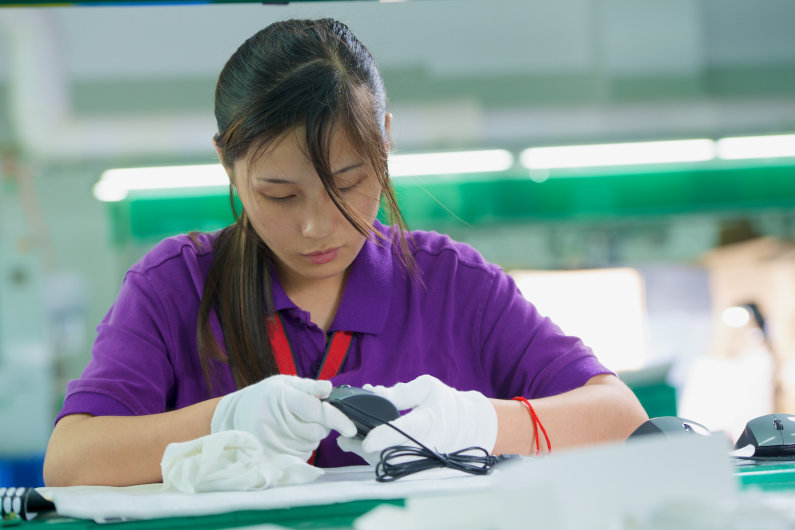
1. Communication – an open line of communication between you and your supplier is paramount throughout the entire manufacturing process and helps to avoid major issues. Also, ensure you have a non-disclosure agreement (NDA) in place when producing a new item in China as it protects your idea from being copied.
2. Factory certifications and licenses – ensure your supplier has the relevant business license(s) to operate their facility and any relevant compliance certifications to manufacturer your product. There are numerous websites and resources available to check the reputation of manufacturers in China.
3. Price – ultimately, you will be looking for a manufacturer that can produce your product at a good price. But as the saying goes “you get what you pay for”. One of the primary reasons why buyers receive poor quality products from a Chinese manufacturer is because they pushed for the lowest possible price.
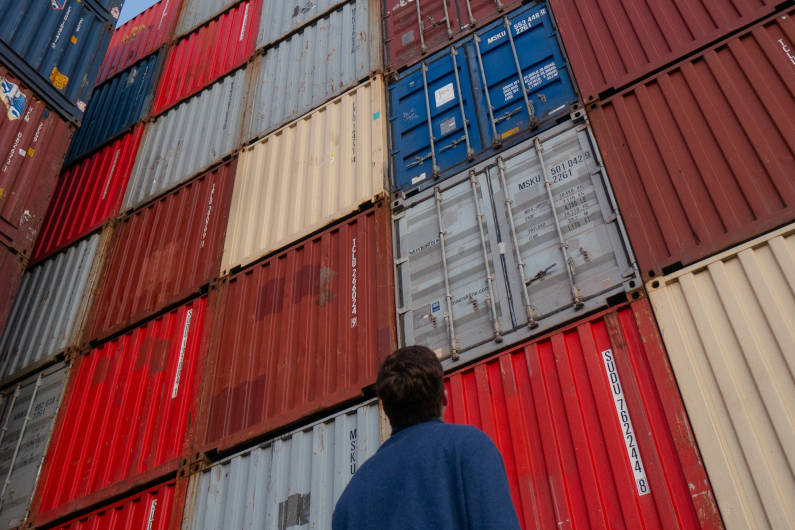
4. Minimum Order Quantity (MOQ) – many factories in China will have a large MOQ (the lowest volume of stock that they are willing to produce). This may not be a feasible option for small-scale businesses. Find out your manufacturer’s MOQ and ensure it is on par with your requirements and financial capability.
5. Time – another crucial factor to consider when choosing a manufacturer is their lead time performance. Research your manufacturer’s history to determine how committed they will be to your specified timeline.
6. Shipping – whether you plan on using Amazon FBA, dropshipping, or have your products shipped directly to you, ensure that your manufacturer understands your requirements. If you decide to go with a manufacturer who will also package, label, and ship your products for you – make sure they have a good track record at this end of the production process.
With these crucial factors in mind, below are some of the main resources available to help you find a good manufacturing match for your product.
Hiring a sourcing agent is quite a common and often successful path that many entrepreneurs choose when seeking to manufacture their product in China. Being locally based and having local experience, sourcing agents will guide you along the way and help to negotiate with the manufacturer on your behalf.
Alibaba
Alibaba is arguably the most renowned e-commerce platforms and comprehensive online directories on the planet. Buyers anywhere in the world can connect to manufacturers, traders, and wholesalers in China.
While there are many scammers out there, Alibaba is safe to use if you do your due diligence.
When searching for product suppliers on Alibaba, you can filter the search results according to suppliers with Trade Assurance certificates and Gold Supplier status. These factories are willing to guarantee their work, and their shipping times, otherwise they don’t get paid.
Trade Fairs
Attending a trade fair in China is a great way to get firsthand knowledge about how things work, see real samples, and talk to people in person.
The Canton Fair is by far the largest and most popular trade fair in China where nearly every factory in China comes together under one roof. The Canton Fair occurs biannually in April and October, running for three weeks each time.
You can also take the opportunity to visit potential factories. This can help you better understand the manufacturing process, and determine which facilities meet your standards.
Trading Companies
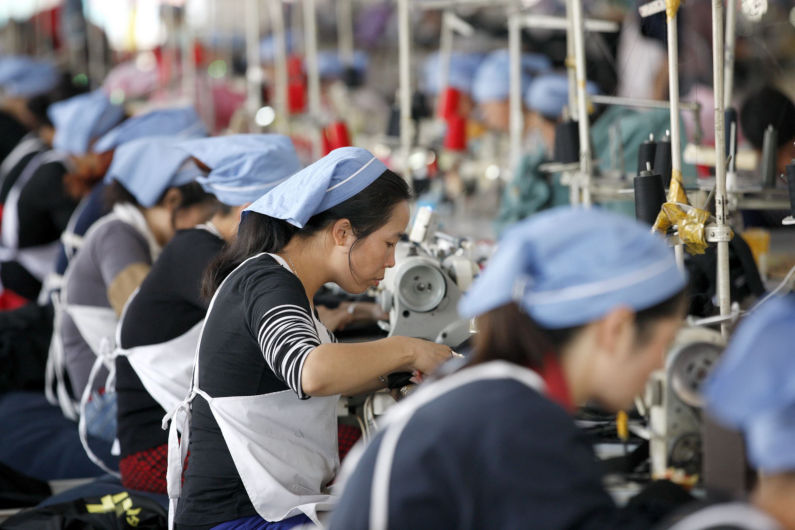
For entrepreneurs starting out and hoping to manufacture smaller quantities, a trading company may be a good alternative to dealing directly with a factory. Trading companies may be able to secure you a better deal based on their local knowledge and ability to negotiate.
You can find trading companies on Alibaba as well as numerous other sites. They also work with low minimum orders (MOQ) compared to other manufacturers that often require a high MOQ.
Getting your product to customers
If you plan on using Amazon FBA to sell your product, it’s important that you choose a supplier that can meet Amazon’s strict compliance criteria. Shipping poor quality products to Amazon, or not meeting FBA shipping timelines can lead to negative consequences for your business.
If you plan to sell your product on an e-commerce platform like Shopify or BigCommerce, then you may want to consider a manufacturer that offers dropshipping services. There are also many dropshipping companies throughout China that can store your products and have them shipped directly to your customers.
Ultimately, you must select the supplier (or middleman) that will best deliver on your product requirements, your budget, and your timeline without sacrificing quality. Read our article about How to Deal with Chinese Manufacturers the right way, for more tips.
Key No. 3: Learn How to Manage the Quality of Your Products
The quality of your product will be one of the key drivers for the success of your business. Ensuring you have a robust quality control (QC) plan from start-to-finish will help you achieve that success.
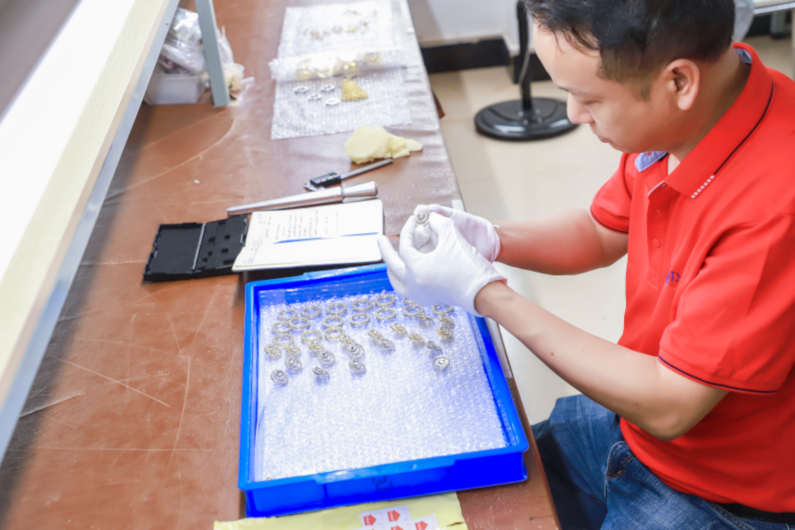
Conducting product quality inspections throughout the key stages of production is a crucial part of your QC process. There are many third-party quality control companies in China (such as Insight) that can conduct pre-shipment inspections for you.
Inspections help verify whether products meet quality requirements and comply with regulations or relevant product safety standards. They help you catch issues early and reduce the risk of receiving a substandard product.
Product testing is another important quality control measure to consider. It involves testing your product at an independent, certified laboratory to confirm if your product complies with relevant standards or regulations.
Ensuring the quality of the product you are importing ultimately reflects the quality of your brand. This is a major step in the effort towards growing a successful business.
Conclusion
Despite the shift in global supply chain dynamics, China is still the leading destination for young businesses seeking to manufacture a new product. But finding the right company to manufacture your product in China can be daunting.
It starts with knowing your product inside out and being clear on your exact requirements and specifications. Armed with this knowledge, you will have the confidence to reach out to manufacturers that you feel can meet your production criteria.
Communication, certification, pricing, and timeliness are crucial factors to consider when deciding on a supplier. There are many sources out there to help you find the right manufacturing match for your product. Trade fairs, Alibaba, sourcing agents, and trading companies are all legitimate options depending on your needs, and your budget.
No matter which manufacturer or intermediary body you decide on, never sacrifice on quality.
Implementing a robust quality control plan for your business is essential in guaranteeing the quality of the product you are hoping to sell. This includes conducting third-party quality inspections and undertaking independent testing of your products throughout the manufacturing process.
When you are working with manufacturers in China or other low-cost countries, consider conducting a factory audit to assess their practices. Learn more in our guide below.
Free Guide
How to Prepare for a Factory Audit
A factory audit helps you assess a supplier’s systems, capacity, workplace environment, or capabilities to ensure they meet your requirements as a buyer.
But which type of audit should you conduct, and which points should you cover on your checklist? In this free guide, you’ll learn how to run an effective supplier assessment.
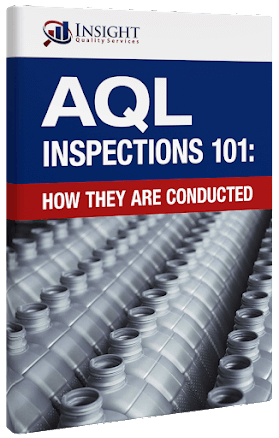
AQL Inspections 101: How They are Conducted
Authors



5 comments
alexander
hi Andy i have a question on how to get china to make a product because i need a prototype for a school product where a group of 3-5 members make a company and i was wondering if you could help me
Insight Team
Hello Alexander,
If you need a real prototype for your project, there are various companies in the country that focus on creating rapid prototypes. They include StarRapid, 3ERP, RapidDirect, and others.
Best of luck in your studies.
Prototool
And Prototool, FirstMold
Emma
Hi Andy, thank you for your post. It’s really helpful.
Insight Team
Thank you, Emma. We’re glad you found it helpful.
Comments are closed.